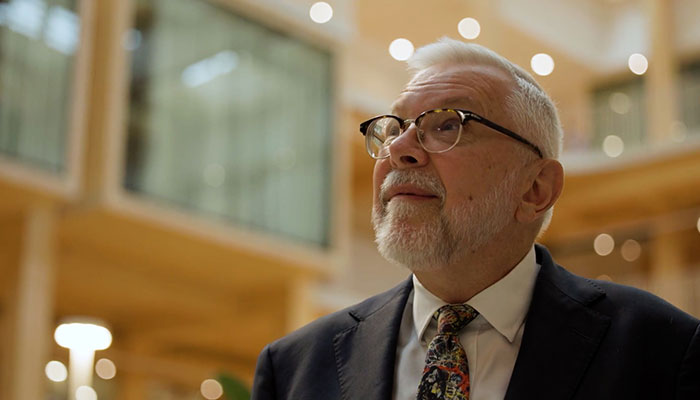In the global race to appear greener, carmakers are redesigning vehicles, revamping strategies and investing heavily in electric technologies.

But a new study from Macquarie Business School and ESCP Business School (Paris) suggests the real story may lie not in the products themselves, but in the language companies use to describe their efforts.
The research, published in Business Strategy and the Environment, analysed two decades of sustainability reports from 24 global carmakers. By comparing the language in these reports with hard measures of environmental performance, the researchers uncovered a striking pattern.
Companies that relied on bold, expansive language – emphasising ‘growth’, ‘innovation’ and ‘visionary breakthroughs’ – tended to perform worse on eco-efficiency. In contrast, firms whose reports used more cautious and conditional wording, acknowledging risk and uncertainty, were often the ones achieving stronger environmental and financial outcomes.
“We found that words matter, sometimes more than the strategies companies claim to pursue,” says Associate Professor Mauricio Marrone, the lead author of the study.
“When firms focus on careful, measured language about risk and uncertainty, their eco-efficiency outcomes are consistently better. But when they emphasise growth and innovation, their results often fall short.”
Green machines
Eco-efficiency measures how well a company balances its financial results with its environmental footprint – in other words, how much value it generates for every unit of energy used or every tonne of carbon dioxide emitted.
The research used AI to build a dictionary of words that capture paradoxical thinking – terms that reflect the inherent tension between profit and sustainability. It applied this dictionary to the reports and compared the results with financial and environmental data.
The findings are counterintuitive. Innovation is usually seen as a driver of progress, but the study shows that when companies talk most about being ‘groundbreaking’ or ‘visionary’, the reality is often an increase in short-term resource use. By contrast, companies that admit to uncertainty – using words such as ‘possibly’ or ‘tentatively’ – are more likely to manage resources carefully and achieve better results.
What does it mean for Australia?
For Australia, the research arrives at a critical time. Regulators are cracking down on greenwashing, with the ACCC warning companies against overstating their climate credentials.
Superannuation funds and other investors are under pressure to decarbonise portfolios and prove that their money is flowing to genuinely sustainable businesses. And consumers increasingly want assurance that the brands they support are delivering real change.
Associate Professor Marrone believes the findings could help all three groups. Investors may be able to use language as an early signal to spot which firms are likely to deliver on their environmental promises. Regulators might look not only at the hard numbers in sustainability reports but also at how those numbers are framed. And consumers can take a more critical eye to the glossy rhetoric of corporate reports, knowing careful and conditional language often signals deeper engagement with sustainability than grand, sweeping claims.
“Our research suggests that managers need to be more deliberate about how they frame sustainability,” he says. “The right words encourage organisations to face up to trade-offs, rather than gloss over them. In that sense, language is a strategic tool, not just a communications choice.”

Dr Mauricio Marrone (pictured above) is a Senior Lecturer in Macquarie’s Department of Accounting and Corporate Governance at Macquarie Business School.



